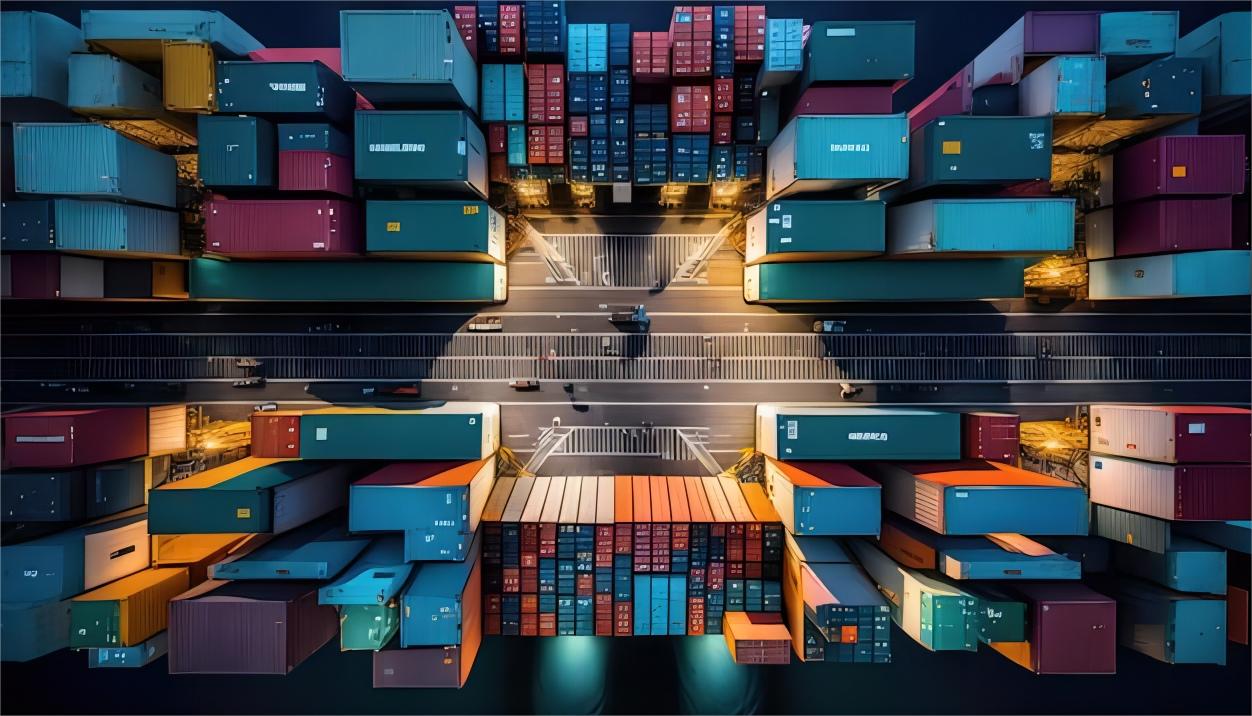In international trade, choosing the right suppliers is crucial, and when it comes to sourcing from China, selecting customs-friendly suppliers can significantly streamline the shipping process. Whether you’re an importer or an exporter, understanding how to choose customs-friendly suppliers in China can help you avoid costly delays, penalties, and complications at customs. This guide will provide you with essential strategies to make informed decisions.
1. Check for Legal Compliance
Verify Business Licenses
Start by ensuring that the supplier has a valid business license in China. A legitimate license indicates that the supplier operates within the bounds of Chinese law. You can request to see a copy of their business license and verify its authenticity through official channels.
Review Industry – Specific Permits
For certain products, suppliers need specific industry – related permits. For example, suppliers of food products should have relevant food safety permits, and those dealing with chemicals may require hazardous material handling licenses. Confirm that your potential supplier holds all necessary permits for the goods you plan to source.
2. Examine Customs Track Record
Request Past Customs Documents
Ask the supplier to provide samples of their past customs – related documents, such as export declarations or import clearance papers. Reviewing these documents can give you insights into their compliance history. Look for any signs of discrepancies, penalties, or repeated issues.
Research Supplier Reputation
Use online platforms, trade forums, and business networks to research the supplier’s reputation regarding customs matters. Check if other buyers have reported problems with customs compliance when working with the supplier. Positive feedback and a good track record are strong indicators of a customs-friendly supplier.
3. Assess Documentation Competence
Evaluate Document Preparation Skills
A customs-friendly supplier should be proficient in preparing accurate and complete customs – related documents. Inquire about their process for creating documents like commercial invoices, packing lists, and certificates of origin. Ensure they understand the specific requirements of your destination country’s customs regulations.
Check for Language Proficiency
Since many customs documents are in English or other international languages, verify that the supplier’s staff has good language skills. Clear and error – free documentation in the correct language helps prevent misunderstandings and delays at customs, much like the professional services provided by reliable entities such as China Top Freight.
4. Consider Communication and Cooperation
Test Communication Channels
Initiate communication with the potential supplier before finalizing a deal. Assess their responsiveness, clarity in communication, and willingness to answer your questions about customs procedures. A supplier that communicates effectively can help address any customs – related concerns promptly.
Discuss Customs – Related Support
Have a conversation with the supplier about the support they can offer during the customs process. For example, ask if they can assist with customs classification, provide additional documentation upon request, or offer guidance on complying with specific regulations. A cooperative supplier is more likely to work with you to ensure smooth customs operations.
In conclusion, successfully learning how to choose customs-friendly suppliers in China involves checking legal compliance, examining their customs track record, assessing documentation competence, and considering communication and cooperation. By following these strategies, you can select suppliers that will help you navigate the complexities of international trade and ensure a seamless customs experience.Utilize China Top Freight to help solve the problems you are facing. Contact us today to embark on your smooth transportation journey!


